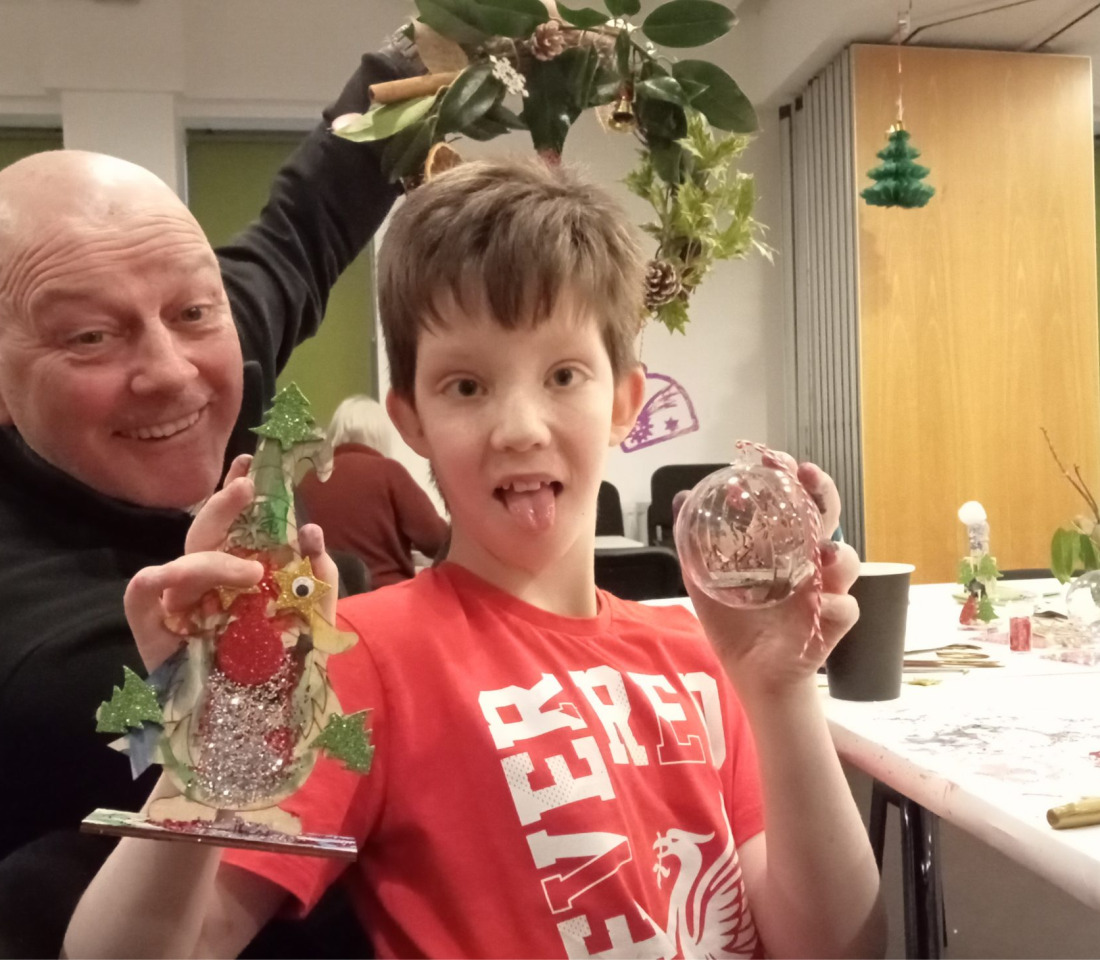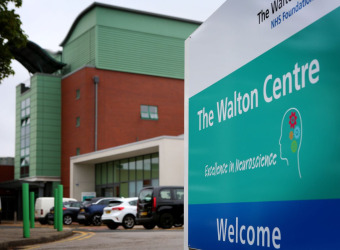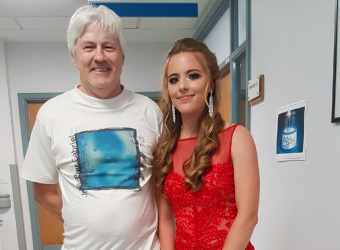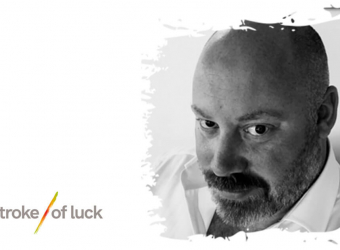What is a haemorrhagic stroke?
A haemorrhagic stroke is a type of stroke that occurs when a blood vessel inside the skull bursts and causes bleeding inside and around the brain.
What causes a haemorrhagic stroke?
A haemorrhagic stroke is usually caused by high blood pressure which weakens the arteries in the brain making them more likely to burst.
Certain lifestyle factors can increase the risk of high blood pressure such as:
- Being overweight
- Regularly drinking excessive amounts of alcohol
- Smoking
- A lack of exercise
- Stress
Other possible causes of haemorrhagic strokes include a brain aneurysm which is the rupture of an expansion of a blood vessel and abnormally formed blood vessels in the brain.
What are the symptoms of haemorrhagic stroke?
The word FAST can be used to help you to remember the main symptoms of a cerebral haemorrhage.
F- Face. The whole face or just the mouth and/or an eye may droop on one side and the person may be unable to smile.
A – Arms. Weakness or numbness in one arm resulting in the person being unable to hold their arm up and keep it there.
S – Speech. Their speech may be slurred or they may not be able to talk at all, or they may have difficulty understanding others.
T – Time. If someone is showing any symptoms of a stroke 999 should be called immediately.
Other possible symptoms include:
- Sudden changes to vision
- Sudden memory loss or confusion
- A sudden fall
- A sudden severe headache
- Dizziness
















